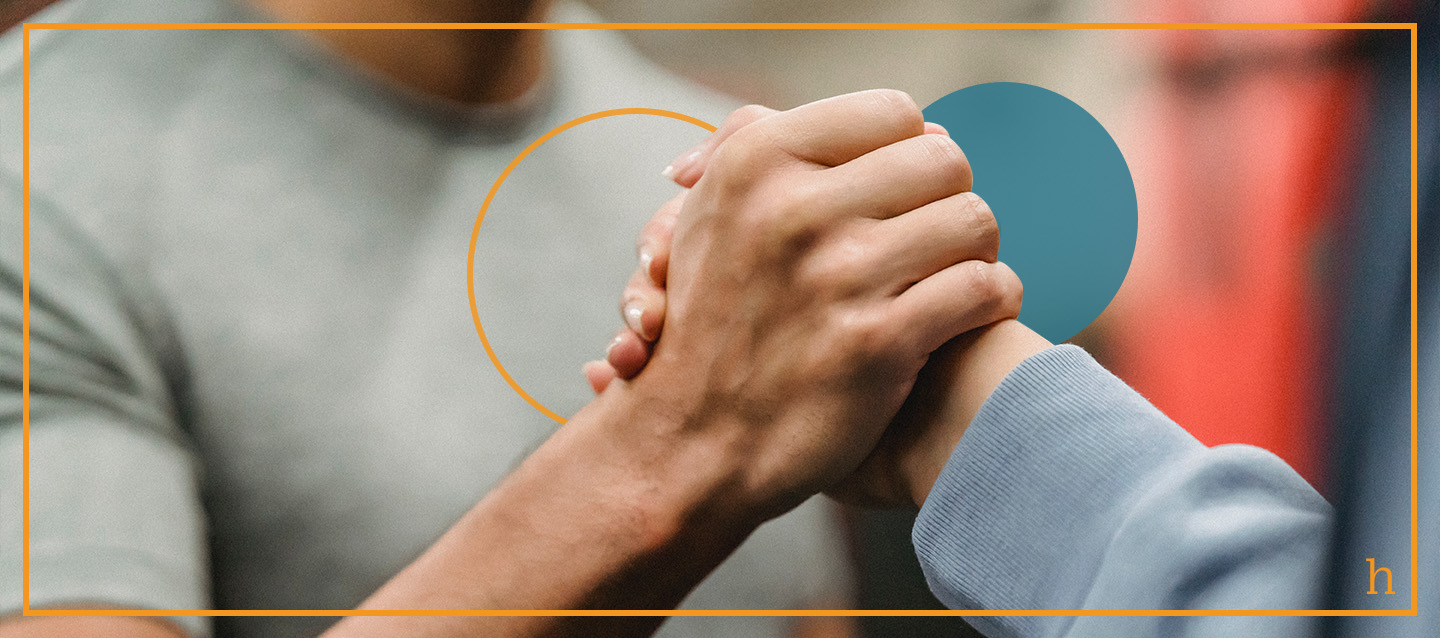In terms of men’s experiences, vulnerability often feels like weakness. Women, on the other hand, tend to cry in the presence of others, be it in groups or in front of a partner. Sometimes these are happy tears, sometimes they’re sad ones. To many, their emotional display is considered soft, loving, or endearing. In contrast, numerous men avoid shedding a tear at a funeral because they believe that resisting emotions and displaying strength is what defines masculinity. When men grow up hearing phrases like "man up" and "boys don't cry," they often feel compelled to preserve their manhood by concealing vulnerable emotions. As a result of this socialization, men in mental health frequently struggle to identify and express their feelings or needs.
Financial burdens and societal pressures on men
Men also face financial pressures to attain notable career success or fulfill the role of the traditional "breadwinner" in heterosexual relationships. These expectations become especially challenging to navigate during periods of economic crisis. Additionally, there may exist an underlying resistance to the evolving social landscape, where women are increasingly sharing financial responsibilities or even outearning men. How does a man reconcile the fact that he may not be able to provide for his family financially in the manner society has prescribed to him?
Intersecting identities and traditional masculine roles
In addition to the overall societal expectations imposed on men, individuals with intersecting identities face specific and distinct challenges. How do people identifying as men within the Queer community cope with the inherent mismatch between their identities and traditional masculine roles? How does the fear of being perceived as dangerous and life-threatening influence Black men, forcing them to suppress their anger? Similarly, in many Latin American cultures, there is a strong emphasis on and admiration for machismo, resulting in shame or disdain towards men who do not embody these characteristics.
How do societal expectations affect men’s mental health?
In facing these scenarios, men confront a spectrum of emotions that they likely haven’t been taught how to process or communicate. Feelings of shame, rejection, anger, and guilt are detrimental to one’s mental health when they aren’t addressed healthily. So often this stress expresses itself through mental health. This can look like:
- Poor self-esteem and confidence
- Compulsively portraying “alpha male” personalities
- Needing control over themselves and their environments
- Difficulty maintaining romantic partnerships
- Hiding their depressive or anxious symptoms
- Turning to alcohol or substances
- Anger or violent outbursts
- Self-injurious behaviors
- Suicide
The impact of the societal expectations placed on men is tremendous, ranging from harmful patterns of thinking or relating to others to more destructive and even fatal actions. While women statistically attempt suicide more than men, men more frequently complete their attempts at suicide due to their use of more lethal methods. In 2021, these methods led men to die by suicide 3.9x more than women. It’s important to note that not every man will engage in destructive behaviors or choose to take their life; yet many men in our society suffer in silence, holding in things that could be addressed if they knew how to.
Therapy can help men.
What does all of this tell us? Men need mental health support and healthier connections with their emotional needs. It is crucial to address the stigma surrounding the belief that expressing emotions signifies weakness, as this only reinforces the resistance to seeking therapy—a vital tool in alleviating the ongoing mental health crisis among men. Several therapeutic options can accomplish this, such as individual therapy, relationship counseling, family therapy, group therapy, and support groups. Furthermore, a variety of counseling approaches exist to personalize the experience of each client, focusing on processing emotions, reducing harmful behaviors, or transforming self-perception.
To any guy reading this: it’s OK to feel your emotions, and it’s OK to be vulnerable. If talking to someone about these things has ever crossed your mind before, consider therapy. Men in mental health deserve the same support and space to heal as anyone else. There is so much to gain and so little to lose by giving it a try. So, challenge yourself to be open. Through the discomfort, we become more resilient and authentic versions of ourselves.

